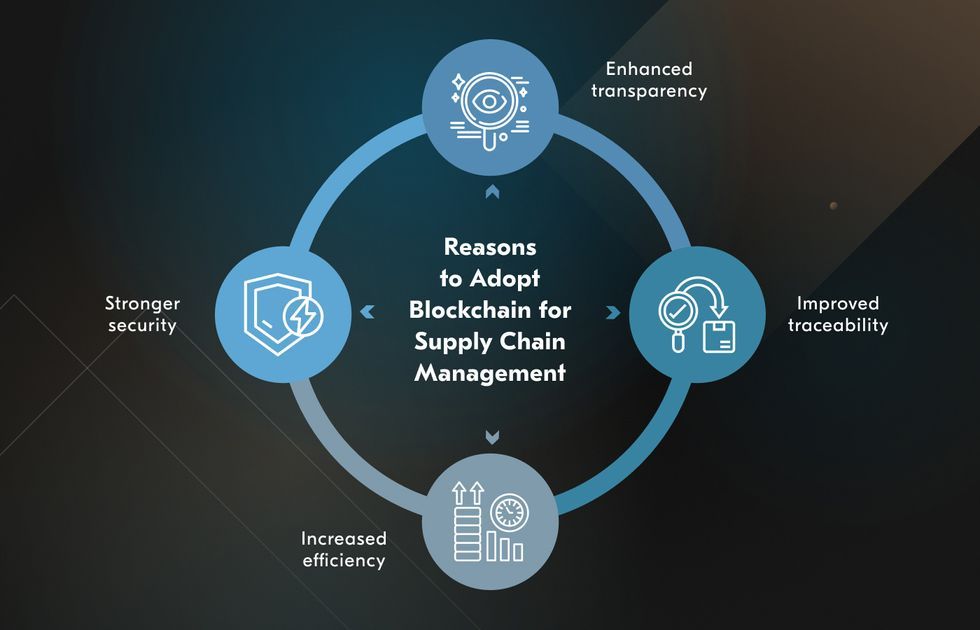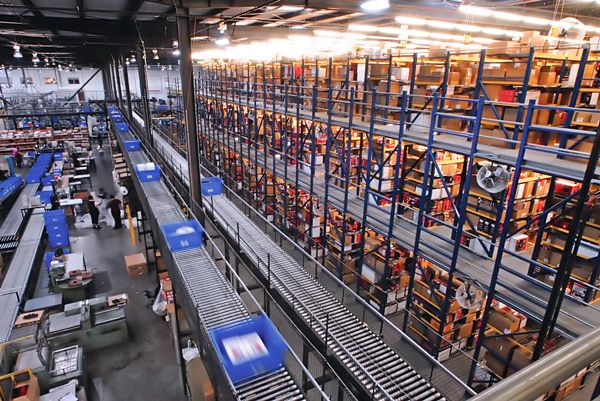The Impact of Blockchain on Supply Chain Management
In recent years, blockchain technology has emerged as a disruptive force in various industries, and supply chain management is no exception. By leveraging blockchain, companies are able to revolutionize their processes and achieve greater efficiency, transparency, and security in their supply chain operations. In this article, we will explore the impact of blockchain on supply chain management and how it is transforming the industry.
Enhanced Transparency and Traceability
One of the key benefits of blockchain technology in supply chain management is its ability to provide enhanced transparency and traceability. Unlike traditional supply chain systems that rely on centralized databases, blockchain creates a decentralized and immutable ledger that records all transactions in a secure and transparent manner. This allows all stakeholders in the supply chain to access real-time data and track the movement of goods from the point of origin to the final destination.
By leveraging blockchain, companies can easily trace the origins of products, verify the authenticity of goods, and ensure compliance with regulations and standards. This level of transparency not only improves trust and credibility among stakeholders but also helps in detecting and preventing fraud, counterfeit products, and other supply chain disruptions.
Improved Efficiency and Cost Savings
Blockchain technology also plays a significant role in improving efficiency and reducing costs in supply chain management. Through smart contracts and automated processes, companies can streamline their operations, eliminate manual tasks, and minimize the risk of errors and delays. This not only accelerates the speed of transactions but also reduces administrative expenses and operational inefficiencies.
Additionally, blockchain enables greater collaboration and communication between different parties in the supply chain, leading to better coordination and synchronization of activities. By digitizing and automating key processes such as inventory management, order processing, and payment settlements, companies can achieve faster lead times, optimal inventory levels, and lower operating costs.
Enhanced Security and Risk Management
Security and risk management are critical aspects of supply chain management, and blockchain technology provides a robust solution to address these challenges. By encrypting data and utilizing cryptographic algorithms, blockchain ensures the integrity and confidentiality of information shared between stakeholders. This reduces the risk of data breaches, cyber-attacks, and unauthorized access to sensitive information.
Furthermore, blockchain enhances the security of supply chain transactions by providing a tamper-proof system that prevents unauthorized modifications or alterations to the data. This not only validates the authenticity of transactions but also protects against counterfeit products, theft, and other fraudulent activities. As a result, companies can mitigate risks, ensure compliance with regulations, and safeguard the integrity of their supply chain processes.
Future Outlook
As blockchain technology continues to evolve and gain momentum, its impact on supply chain management is expected to grow significantly in the coming years. Companies that adopt blockchain solutions in their supply chain operations will gain a competitive edge by improving transparency, efficiency, and security while reducing costs and risks.
With the potential to revolutionize the way goods are sourced, produced, and distributed, blockchain has the power to transform the entire supply chain industry and create a more interconnected and sustainable ecosystem. By embracing this innovative technology, companies can unlock new opportunities, drive innovation, and redefine the future of supply chain management.
In conclusion, the impact of blockchain on supply chain management is undeniable, and its benefits are clear. By leveraging blockchain technology, companies can achieve greater transparency, traceability, efficiency, and security in their supply chain operations, ultimately driving growth, profitability, and success in the digital age.


